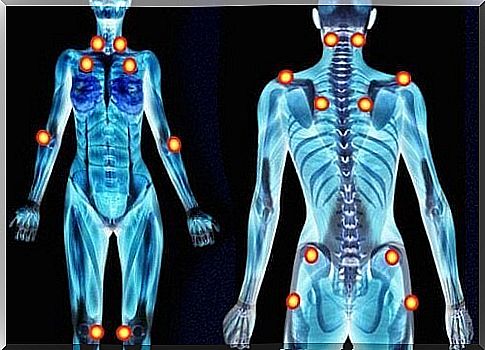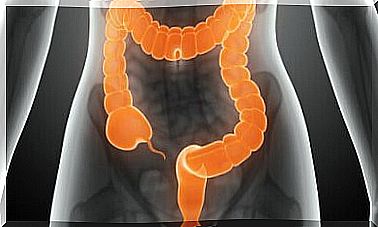5 Warning Signs During Fibromyalgia

Fibromyalgia is a disease recognized by all health organizations around the world (it has been classified as a disease by the World Health Organization since 1992). Its occurrence is undeniably more common in women than men.
Today, fibromyalgia is a challenge in both scientific and medical terms, as the clinical profile and symptoms of a patient can be very broad. Fibromyalgia may include e.g. chronic musculoskeletal pain, IBS, irritable bowel syndrome, overactive bladder, sleep disorders and, for example, bruxism.
Hypersensitivity to pain and changes in mood greatly affect a patient’s daily life.
Indeed, patient suffering can be crippling, but complete and effective treatment is difficult to find to improve quality of life.
As always with chronic diseases, it is important to obtain as much information as possible. In addition, it is good to be involved in some support group that will help the patient to try several treatments until he or she gets the best results, as well as in a purely mental sense.
So this time, we invite you to read about the five early warning signs of fibromyalgia – keep these in mind!
Warning signs and early symptoms of fibromyalgia
Let’s start by addressing an important issue. A person with fibromyalgia usually takes a long time before he or she gets the right diagnosis, as he or she can have a wide range of symptoms and the diagnosis is difficult to make.
Thus, it is common for a patient to visit various physicians and specialists before a pertinent definition is finally given. The patient may hear a lot about diseases such as rheumatism or arthritis. However, fibromyalgia is a much broader disease.
Neurologists have stated that fibromyalgia is not actually a rheumatic disease, but a problem that originates in the human central nervous system.
That’s why it’s important to keep an eye on the symptoms we describe below, and if they persist or manifest in combination with other problems, it’s time to visit a good expert to learn more about your situation.

Stiffness
Stiffness, or experience of decreased joint mobility, is a very painful problem.
- This feeling of paralysis usually occurs in the mornings and is one of the hallmarks of early fibromyalgia.
- If you have been in a sitting position or lying down for a long time, your body and joints will not react normally.
- You may also experience this symptom when you experience a change in temperature or relative humidity in your environment.
An example of this could be that you are in an air-conditioned room. Then when you go out and notice a difference in temperature, you will feel a headache as well as stiffness in the muscles of your neck or shoulders.
Sleep disturbance
Even if the patient gets enough sleep during the night, he may wake up in the morning feeling himself ragged.
Indeed, several studies on the subject have shown that during the deepest phase of sleep (delta phase), the patient may experience disturbances in the brain waves that cause calm.
This means that even though a person is asleep, he does not get proper rest.
Small cognitive problems

People with fibromyalgia often say that early symptoms include difficulty concentrating as well as a decrease in speed with certain things that require concentration.
- These problems are known as “fibro fog,” and include small memory problems as well as the difficulty of doing several things at once.
- It is important to remember that these problems can also be related to stress. So if you are trying to think about whether or not you have fibromyalgia, it is best to consider other symptoms that more clearly define this disease (joint pain, fatigue, etc.).
Stomach ache
Many people with fibromyalgia experience a number of digestive problems that occur early in the form of the following symptoms:
- abdominal pain, constipation or diarrhea
- IBS, or irritable bowel syndrome
- difficulty digesting or swallowing food – experts say fibromyalgia can sometimes cause problems with the esophageal muscles
Pain in the skeletal muscle elements
Pain in the musculoskeletal muscle elements is a nervous system problem and a muscle problem involving very sore spots in the body (these are known as trigger points) and they are formed and distributed around the muscles or connecting tissues.
- If you experience painful repetitive movements that appear in unexpected places, you may have this disease.
- Sometimes just carrying a heavy shoulder bag can cause sharp pain in the neck, shoulder, or even lower.

Despite these descriptions, it is worth remembering that fibromyalgia affects each person differently, and its symptoms can be very diverse.
There are still a few more common symptoms we describe in this article. So, you should seek help if any of these signs appear to you more and more often, and if your symptoms affect your quality of life.









